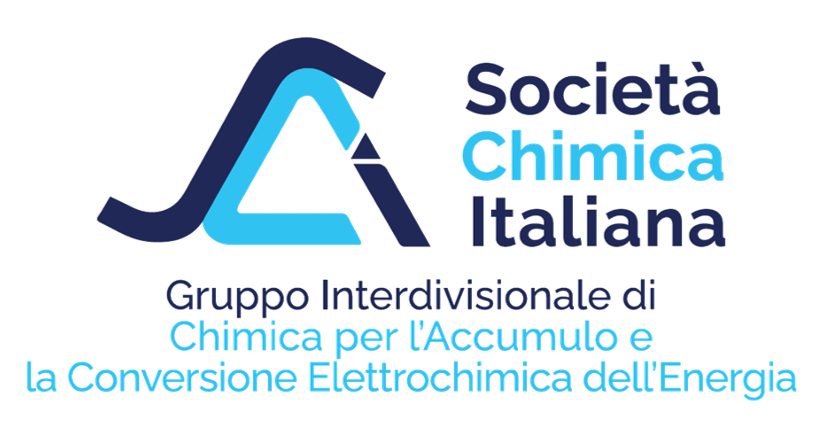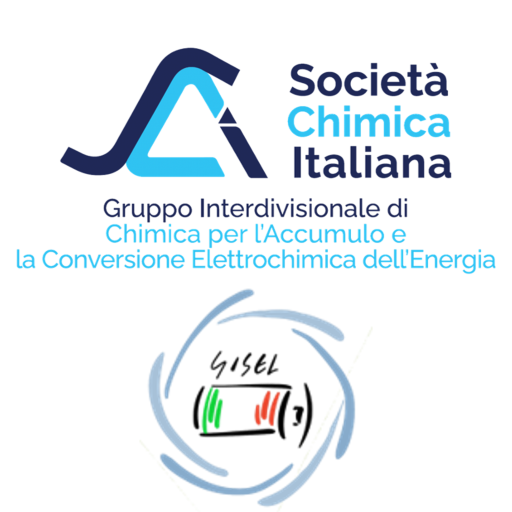


Bernardo Barbiellini
Prof. Bernardo Barbiellini has led the Computational Materials Science Group at LUT University since 2017. His research focuses on advancing the understanding of the electronic properties of materials through a combined theoretical and experimental approach. His expertise spans electronic structure calculations, battery materials, magnetism, superconductors, and topological materials. Notably, he was part of the team that reported the first direct observation of anionic redox in a lithium-rich battery material, where his idea of using tomographic techniques was central to the discovery [Nature 594, 213–216 (2021)]. He also introduced the concept of using virtual photons to probe the topmost atomic layers of materials [Phys. Rev. Lett. 129, 106801 (2022)] and provided theoretical insight into anomalous photoemission in a perovskite oxide [Nature 617, 493–498 (2023)].
He is the project coordinator of ELMO-LION, a European PhD course on Li-ion batteries funded by EIT Raw Materials, and currently leads an international team developing portable Compton spectrometers for clean energy research [Appl. Phys. Lett. 124, 223501 (2024)]. Previously, at Northeastern University, he directed the Advanced Scientific Computation Center and secured NSF and DOE grants to model advanced spectroscopies. Prof. Barbiellini earned his Ph.D. from the University of Geneva and has held positions at Bell Labs, UCLA, and Northeastern University, where he remains a visiting scientist. He is currently on sabbatical at MIT. Additionally, he collaborates with MathWorks on AI tools for materials research and serves as the head of the LUT Engineering Science Doctoral Program.


